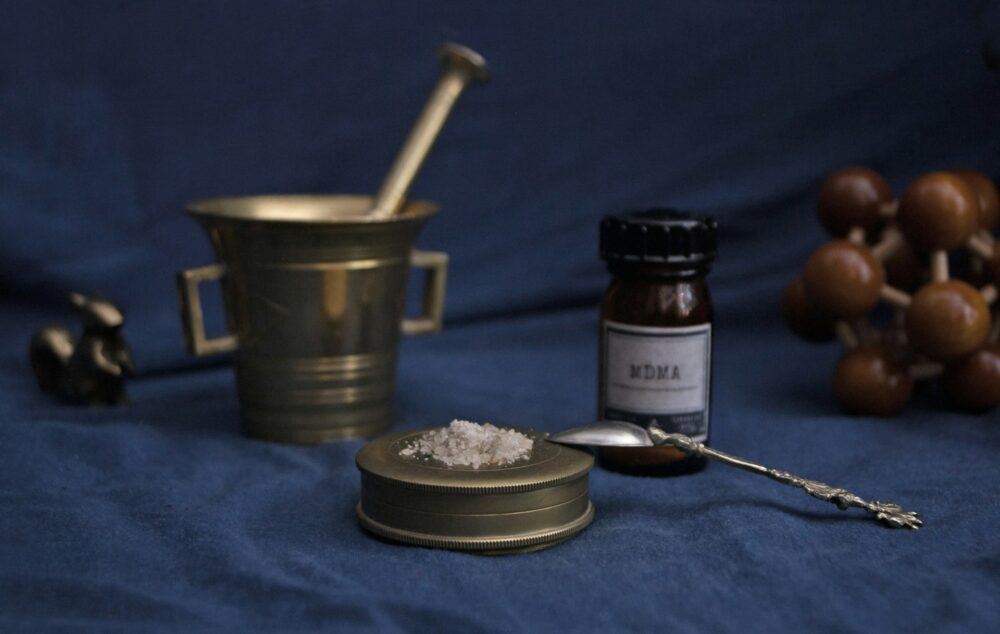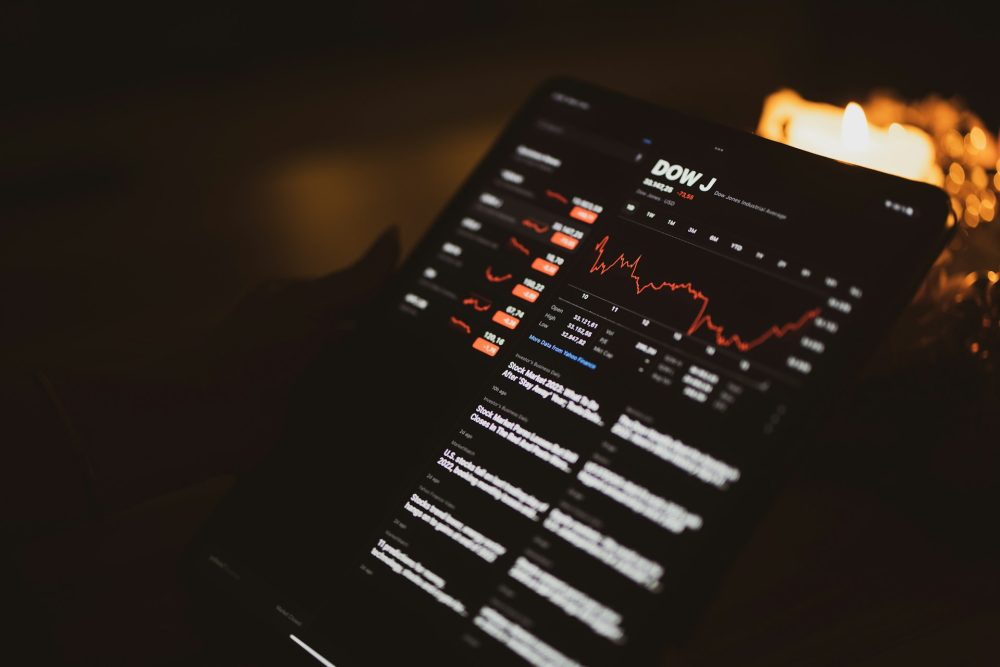Biotech
MDMA: US Biotech Industry is Breaking the Next Drug Taboo
MDMA became famous in the 80s as a party drug under the names Ecstasy or Molly – complete with abuse, damage, and deaths. As a result, MDMA was banned. The US National Institutes of Health (NIH) warns clearly: synthetic drugs such as MDMA could cause a range of acute, “potentially life-threatening” health effects, including panic attacks, loss of consciousness and seizures.

The US biotech company Lykos Therapeutics has applied for approval of the highly controversial drug (MDMA) as a medicine in order to be able to treat post-traumatic stress disorder (PTSD). The company has already published studies on safety and effectiveness, now the US drug regulator FDA wants to make an urgent decision by August.
In addition to the discussion about the medical benefits, what resonates in the debate is the success story of cannabis. The drug was first approved as a painkiller and is now approved for non-medical use in 24 US states.
This has created a billion-dollar market for young companies. No wonder that several panels and lectures on the topic are planned at the South by Southwest ( SXSW ) technology trade fair.
The mood of researchers and investors in Austin, Texas, is largely clear: many of them think it would be a good idea to release other highly controversial substances next, such as psychedelics, which include hallucinogenic mushrooms, and other synthetic substances.
Read more obout the US biotech industry ad find other importnat business news of the day with our comapnion app Born2Invest, available for free for both Android and iOS devices.
As a drug, MDMA can cause serious health problems
Lykos Therapeutics wants to start with MDMA. The abbreviation stands for a compound from the methylenedioxyamphetamine family, which became known as a hippie drug but was also used experimentally in the treatment of mental illnesses. MDMA became famous in the 80s as a party drug under the names Ecstasy or Molly – complete with abuse, damage and deaths. As a result, MDMA was banned.
The US National Institutes of Health (NIH) warns clearly: synthetic drugs such as MDMA could cause a range of acute, “potentially life-threatening” health effects, including panic attacks, loss of consciousness and seizures.
As a medicine, MDMA could also help severely traumatized people
“God showed me this medicine,” says Justin La Pree, describing his experience with MDMA. “I always wanted to be a firefighter. But the work drove me to despair – like many colleagues,” he said at SXSW. He tried various classic medications. “I ended up going through a divorce, I was broke.”
His salvation was an MDMA trip. This eliminated his anxiety. And gave the man who calls himself an atheist a spiritual experience.
Now the founder offers treatments for veterans, emergency workers and doctors with his company Illuminating. But the current regulatory environment is a problem: “It cannot be the case that our only access to the substances is to go to a foreign country where people speak a foreign language. We need deals here in the US!”
MDMA: Liberalization of drugs that have long been taboo
According to Adrienne Jo from the University of Pennsylvania, MDMA could help with psychosis or eating disorders. Studies have shown that the effects of PTSD, such as those experienced by some soldiers and rescue workers after traumatic missions, have been proven.
__
(Featured image by Pretty Drugthings via Unsplash)
DISCLAIMER: This article was written by a third party contributor and does not reflect the opinion of Born2Invest, its management, staff or its associates. Please review our disclaimer for more information.
This article may include forward-looking statements. These forward-looking statements generally are identified by the words “believe,” “project,” “estimate,” “become,” “plan,” “will,” and similar expressions. These forward-looking statements involve known and unknown risks as well as uncertainties, including those discussed in the following cautionary statements and elsewhere in this article and on this site. Although the Company may believe that its expectations are based on reasonable assumptions, the actual results that the Company may achieve may differ materially from any forward-looking statements, which reflect the opinions of the management of the Company only as of the date hereof. Additionally, please make sure to read these important disclosures.
First published in Handelsblatt. A third-party contributor translated and adapted the articles from the originals. In case of discrepancy, the originals will prevail.
Although we made reasonable efforts to provide accurate translations, some parts may be incorrect. Born2Invest assumes no responsibility for errors, omissions or ambiguities in the translations provided on this website. Any person or entity relying on translated content does so at their own risk. Born2Invest is not responsible for losses caused by such reliance on the accuracy or reliability of translated information. If you wish to report an error or inaccuracy in the translation, we encourage you to contact us

-

 Business5 days ago
Business5 days agoThe Dow Jones Teeters Near All-Time High as Market Risks Mount
-

 Crowdfunding2 weeks ago
Crowdfunding2 weeks agoWorld4All, a Startup that Makes Tourism Accessible, Surpasses Minimum Goal in Its Crowdfunding Round
-

 Biotech2 days ago
Biotech2 days agoGut-Derived Molecule Identified as Early Marker and Driver of Atherosclerosis
-

 Crypto1 week ago
Crypto1 week agoThe Crypto Market Rally Signals Possible Breakout Amid Political Support and Cautious Retail Sentiment















